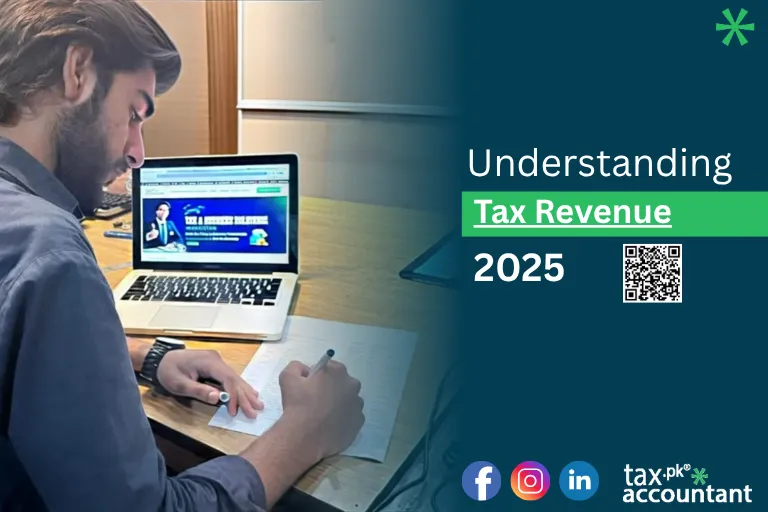The Lifeline of Nations: Understanding the Dynamics of Tax Revenues
Tax revenues are more than just numbers on a government ledger; they are the financial lifeblood that sustains nations, fuels public services, and underpins economic stability and growth. From the sprawling metropolises to the most remote villages, the impact of tax collection reverberates through every aspect of daily life, funding everything from healthcare and education to infrastructure and defense. But what are the current trends shaping global tax revenues, what challenges do countries face in collecting them, and what does the future hold for this essential mechanism of governance?
The Global Tapestry of Taxation: Diverse Approaches, Common Goals
Across the globe, countries employ diverse tax structures to generate revenue. Generally, these revenues stem from individual income taxes, corporate income taxes, social insurance taxes, taxes on goods and services (like VAT or sales tax), and property taxes. The mix of these sources reflects a nation’s economic structure, policy priorities, and historical context.
For instance, OECD countries, largely developed economies, tend to rely more heavily on consumption taxes (around 31.1% of total revenue in 2023) and social insurance taxes (25.5%), with individual income taxes also contributing significantly (23.7%). Corporate income taxes, while important, represent a smaller share at 11.9%. Interestingly, the reliance on these categories has shifted over time; social insurance taxes have gained prominence since 1990, while individual income taxes have seen a relative decrease. This often signifies a move towards broader tax bases with potentially lower rates, aiming for less distortionary effects on economic decisions.
In contrast, many developing countries, particularly in South Asia, show a higher dependence on consumption and trade taxes, with a smaller share derived from income taxes. Pakistan, for example, has historically seen a relatively high dependence on consumption and import taxation. This can present unique challenges, as consumption taxes, while easier to collect in some contexts, can be regressive, disproportionately affecting lower-income households and increasing the cost of doing business.
Challenges and Reforms: Navigating a Complex Landscape
Collecting tax revenue is far from straightforward. Governments, especially in developing countries, grapple with a myriad of challenges:
- Low Tax-to-GDP Ratios: Many developing nations struggle with significantly lower tax-to-GDP ratios compared to their developed counterparts. While advanced economies often achieve 25-30%, some developing countries remain in the 8-15% range. This limits their capacity to finance crucial development expenditures.
- Informal Economies: A substantial portion of economic activity in many developing countries occurs in the informal sector, making it difficult to bring these transactions into the tax net.
- Complex Tax Laws and Administration: Opaque and complicated tax laws, coupled with inefficient administrative systems, often deter compliance and create opportunities for evasion. This is a significant issue in countries like Pakistan, where efforts are underway to simplify laws and enhance transparency.
- Tax Evasion and Avoidance: Both domestic and international tax evasion and avoidance schemes, including base erosion and profit shifting (BEPS) https://www.oecd.org/ by multinational corporations, significantly erode government revenues.
- Lack of Trust and Public Goods: A lack of trust between citizens and the government, often stemming from perceived corruption or insufficient delivery of public services, can dampen tax morale and willingness to comply.
In response, countries are actively pursuing tax policy and administrative reforms. These reforms often aim to:
- Broaden the Tax Base: Reducing exemptions and bringing more economic activities and taxpayers into the tax net.
- Simplify Tax Laws: Making regulations clearer and easier to understand for taxpayers, promoting voluntary compliance.
- Digitalize Tax Systems: Leveraging technology to enhance efficiency, transparency, and data tracking, thereby reducing human error and opportunities for evasion. Pakistan, for instance, is actively pursuing digital transformation to improve its tax dispute resolution and revenue collection.
- Improve Tax Administration: Strengthening audit and enforcement mechanisms, and building the capacity of tax authorities.
- Address International Tax Challenges: Collaborating internationally to combat BEPS, implement global minimum taxes, and adapt tax frameworks to the complexities of the digital economy.
The Digital Frontier and the Future of Taxation
The rise of the digital economy presents both immense opportunities and significant challenges for tax revenues. While e-commerce and digital services generate new revenue streams, their borderless nature complicates traditional notions of tax jurisdiction. Countries are exploring solutions like Digital Services Taxes (DSTs) and pushing for a global consensus on how to tax highly digitalized businesses.
Looking ahead, the future of taxation in a globalized world will likely be shaped by:
- Continued Digitalization: Increased use of AI and big data analytics in tax administration and compliance.
- Greater Transparency: Further measures to enhance tax transparency and information exchange between countries.
- Sustainable Taxation: A growing emphasis on tax policies that consider environmental and social impacts.
- International Cooperation: Enhanced collaboration to address cross-border tax avoidance and ensure fairer distribution of tax revenues, particularly for developing nations.
In conclusion, tax revenues are the bedrock of national development. While challenges persist, particularly in a rapidly evolving global and digital landscape, ongoing reforms and international cooperation are crucial for ensuring that governments have the resources they need to invest in their people and secure a prosperous future. The ongoing dialogue around tax policy, its impact, and its continuous evolution will remain a critical aspect of economic and social progress worldwide.














